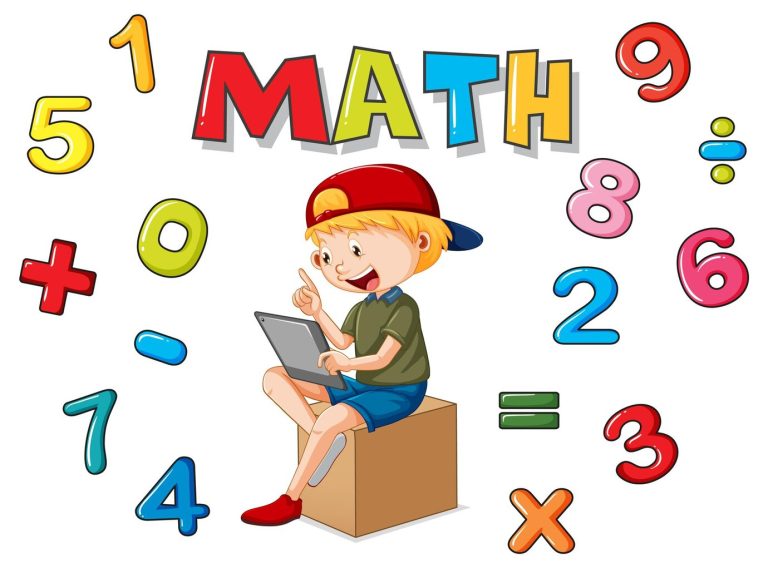
Parents are searching for an alternative to the traditional public educational systems. Parents now have a choice that was out of trend in many countries a long time ago from now. The option is known as classical education, and it extremely varies from the training provided by the modern sector public education systems. It is massively oriented towards the latest district led by the Western canon and established in Roman and Greek traditions of educational excellence. While the guardians and parents provide good tutors and firm academics the priority in growing a school, they also rate the security highly and ensure extracurricular activities. The philosophy of education is mostly esteemed as well. In a diverse and multicultural society like the U.S., every family acquire various values. Classical learning can provide diverse learners and be an alternative to the learning models favoured by more educators and learners of the local district public education system.
Classical education
Modern classical education is inspired by the Roman and ancient Greek literature, language, and art pillars of Western civilization. At the time of medieval, the education system produced more of what underwent through tradition with the values of Christianity and built a framework to teach the generations in future. The West’s statesmen, philosophers and theologians were therefore educated in the classical tradition. In today’s time, classical education is synonymous with traditional enduring and authoritative. The learning of Latin languages, literature and ancient Greek. But the classical designation has been widened to involve literature and languages beyond Athens and Rome that sustain the asset of superiority. The education systems today explain classical education as the learning that tutors the finest of West.
The first public school of America was the Boston Latin School. Its establishment took place in the year 1635, and the mission of creating learners for the substance and rigour of classical education in college. The requirement was mastery of Latin. Classical tutoring of the early American leaders and Founding Fathers from different states in the next century. In the medieval period, education was available massively only to the people who were wealthy and elite.
The three stages of classical education
The American public education system makes goals for grade-level readiness start with kindergarten and end in the 12th grade. The educators among the Medieval Roman hired a wider model of primary learning called the trivium. In the education of liberal arts, trivium refers to the tutoring of the initial three arts, which are rhetoric, grammar and logic. Though all classical charter learning systems today hire conventional grade levels in practice, this high language intensive plan influences the latest classical tutors. So thanks to the essay known as The Lost Tools of Learning by Dorothy Sayers in 1947. It introduced trivium to people. Here is a demonstration of the three stages:
- Grammar which is the initial stage, refers not to language regulations but the education of the younger years. At the same time, the intent is to create a base for future education by building a knowledge foundation.
- Logic, the second stage, establishes the grammar stage and tutors the learners to evaluate and outline the arguments. While the logic stage, the learners consider the narratives from English literature and history. They practice demonstrating the world’s facts.
- In the third stage, which is the rhetoric stage, the learners learn to express their considerations. Learners use the knowledge they obtain from the grammar stage and the tools created during the logic level. They learn about how they can make their debates, oral and written, both of them. Classical education highly depends on the Socratic technique, arguments and pitting thoughts contrary to each other in search of reality. By challenging the students to explore their thoughts correctly, classical learning instils in the learners. Students acquire the desire to look for the truth in all their education after their school completion.
The latest classical curriculum may appear the same as the typical sector school learning, which includes language arts, foreign languages, science, math, English, the arts and history. But the analysis of these subjects is unique. Language arts and English are both in the classical school, and they are divided into two subjects: writing and reading. Reading obtains specific attention, and the reason is it is the ultimate source of education in all the other subjects. In various classical elementary schools, literacy is the ultimate aim for the students. Writing obtains massive focus because the word we write is the top way the thoughts are disseminated and expressed in western traditions. Thus, the learners have to enhance vocabulary, learn the sentence’s structure, and comprehend phonics at the grammar level. When it is time to end the grammar stage, the exercises take place, such as writing in cursive handwriting, writing down short expository sentences and diagramming sentences. These are utilized to ensure that the students can prove the mastery of the base of the word in writing. Students should focus on the stages for better understanding of writing. For writing help, students can also ask help from nursing disertation writing service as they have field experts.
Students’ knowledge of language arts expands at the logic level by tutoring them to define the reason. Teachers expect students to start reading the difficult word with careful analyses. The students tailor the arguments and convey the real thoughts in the stage of rhetoric. The elderly learners have enhanced vocabularies and excellent reading conception abilities. So it is their time to graduate to more challenging tasks such as Greek epics and nineteenth-century literature like Les Misérables. The tutors in the rhetoric stage want the students to analytically scrutinize the debates and meanings assisted by the writing, plus making their debates. Just like English and literature, students study the other subjects with the stages involved in them.
Conclusion:
In conclusion, students who study in classical schools should have the information that they will face challenges. The challenge will be by the academically severe syllabus that experiments the students to study the texts and histories which creates the basis of the Western civilization and American society. So the classical education system has been here for ages, and it is taking its place again as it is a very good way to learn.


